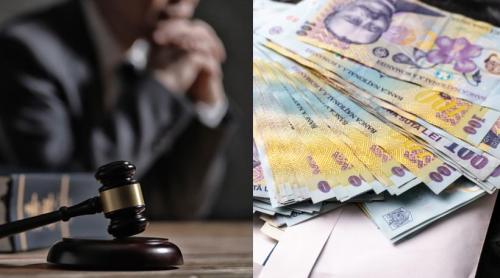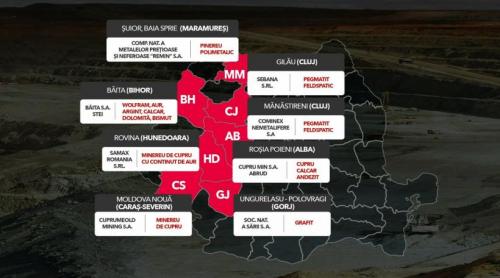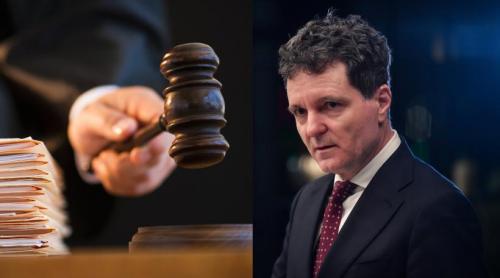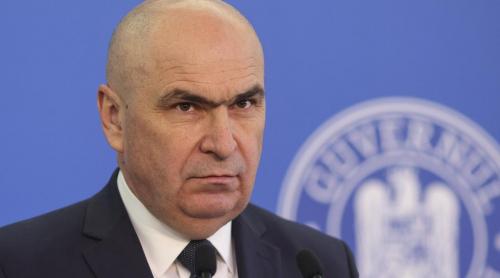Segolene Royal has turned the tables on the Socialist Party to become its standard bearer in next yearâs election. But her triumph is only part of an intense political debate of the sort France has not seen for decades. With parliamentary and presidential elections next year, the stakes are as high as at any previous turning point in modern French history.
Segolene Royal has turned the tables on the Socialist Party to become its standard bearer in next yearâs election. But her triumph is only part of an intense political debate of the sort France has not seen for decades. With parliamentary and presidential elections next year, the stakes are as high as at any previous turning point in modern French history.
A unique feature of todayâs debate is its cohort of public intellectuals like Jacques Marseille, Nicolas Baverez, Elie Cohen, and Stephane Rozes, none of whom subscribe to the hoary notion of French uniqueness (the so-called
exception francaise). Their thinking is at the forefront of a widening recognition
that France must face the worldâs challenges as they really are, not as the French want them to be. That means accepting and dealing with globalization.
France certainly has the tools to cope. With only 1% of the worldâs population, France is the sixth largest economy, ranking fourth in international trade and third in exports of goods and services. More than 40% of the largest companies quoted on the Paris stock exchange are in foreign hands. Indeed, one in seven workers is employed by a foreign company, compared to one in ten in the UK and one in 20 in the United States. Productivity is relatively high, at $33 per hour, compared to $27 for the UK.
Moreover, France will enjoy large gains from exports to the fast-growing emerging world, since it produces more competitive high value-added goods than, for example, southern European countries, whose exports are closer to those of the leading emerging countries.
France could handle globalization, if not for the French state. Its relatively poor business environment was highlighted by the World Bankâs latest
Doing Business survey. The section "Starting a business," which identifies the bureaucratic and legal hurdles to incorporating and registering a new firm, ranks France in 35th place, whereas the UK ranks sixth and the US ranks third.
But the worst damage done by state policies is unemployment. If there is an
exception francaise, it is that for the past 30 years, the unemployment rate has never fallen below 8.5%. If you exclude the cosseted army of public-sector workers, the rate approaches 15%. Youth unemployment, including the female population, averages 23%, while in deprived suburbs with concentrated immigrant populations, the rate hits 70%.
Much of the political class and public opinion blames globalization - outsourcing and company relocations to cheaper labor markets - for unemployment. But the chief culprit is Franceâs own labor code - a forest of regulations that offers the strongest employment protection anywhere in the world. In the section "Employing workers" of
Doing Business, France ranks 134th, compared to 17th for the UK and first for the US. With employers unwilling to hire workers that they cannot easily fire, French young people are right to feel uncertain about their future.
Joblessness is the main cause of poverty. The primary protection against poverty is earned income - for which even Franceâs generous unemployment benefits and other welfare payments are an inadequate substitute. Much of the high tax burden required to finance them falls on companies in the form of payroll taxes (employersâ social security contributions), which further deter companies from taking on more staff.
Successive French governments have let this situation fester. Dominique de Villepinâs government turned away from this challenge in favor of "economic patriotism" - that is, protecting supposed national champions from foreign takeover. Despite comical episodes such as classifying the dairy company Danone as a national security asset to head off a possible bid from Coca Cola, Franceâs foreign investment regime is no less restrictive than other developed countries, including the US.
This scapegoating of globalization reflects another key problem. Successive governments, not companies, are responsible for the most damaging outsourcing in France - that of responsibility. Instead of proposing reforms to the electorate and then implementing them on the strength of a clear democratic mandate, the few serious reforms in the past 20 years have been presented as being externally imposed - mainly to comply with European Union requirements. As a result, reform has come to seem illegitimate, which has strengthened resistance to it.
Breaking the impasse requires restoring political legitimacy by electing a president who, having promised reform, gains a mandate to deliver it. Both leading contenders in the 2007 presidential election, Ségolene Royal and Nicolas Sarkozy, share relative youth (compared to the geriatrics of recent decades) and have their fingers on the pulse of public opinion.
Their common approach is to enter into a real dialogue with the French people based on an understanding that the only viable basis for reform is a strong political contract between government and citizens. This stands in sharp contrast to the reigns of Francois Mitterrand and Jacques Chirac, with their elitism, arrogance, paternalism, and stagnation. Whatever the electionâs outcome, the return of political will and legitimacy to France will come not a moment too soon.
Brigitte Granville is Professor of International Economics and Economic Policy at the School of Business and Management, Queen Mary, University of London.
Copyright: Project Syndicate, 2006.
www.project-syndicate.org




















